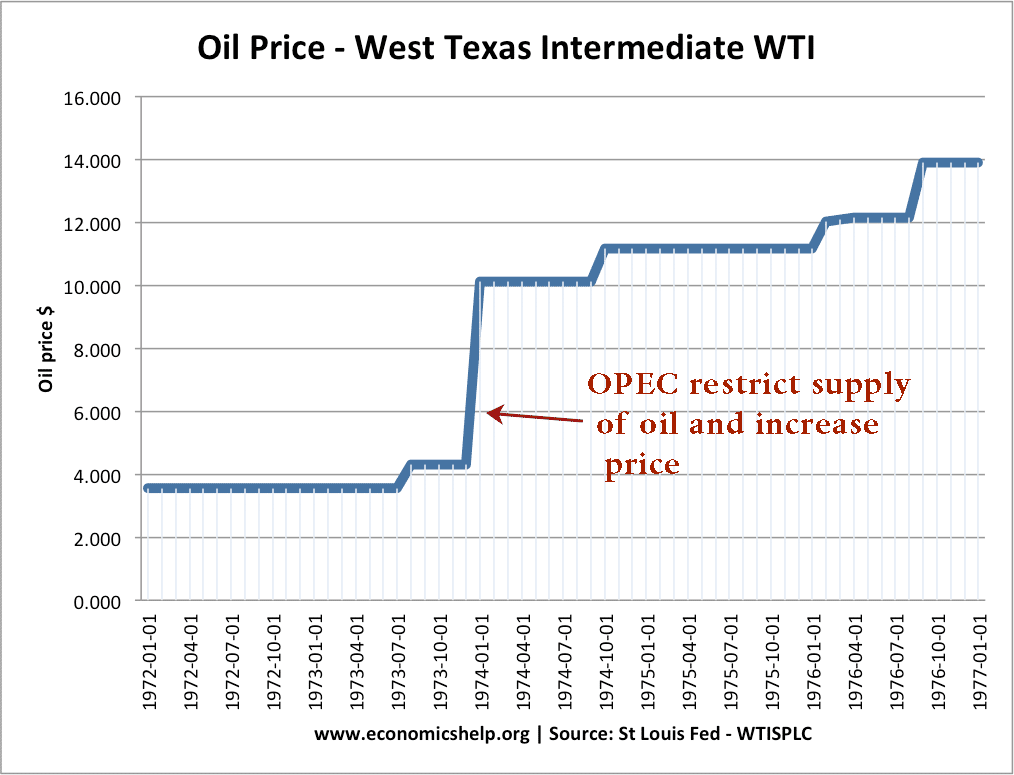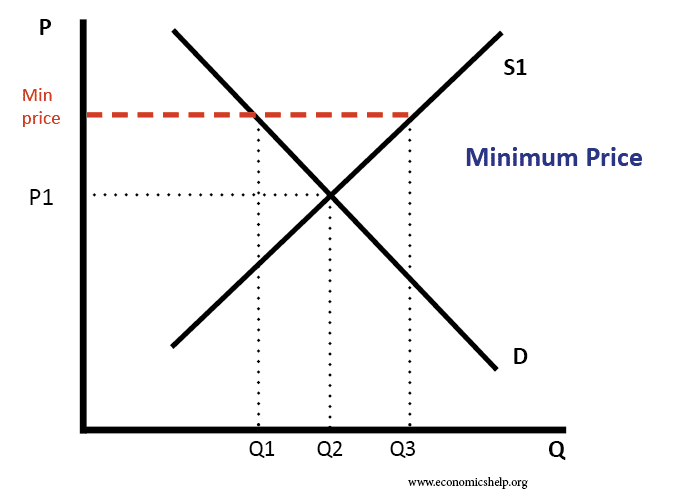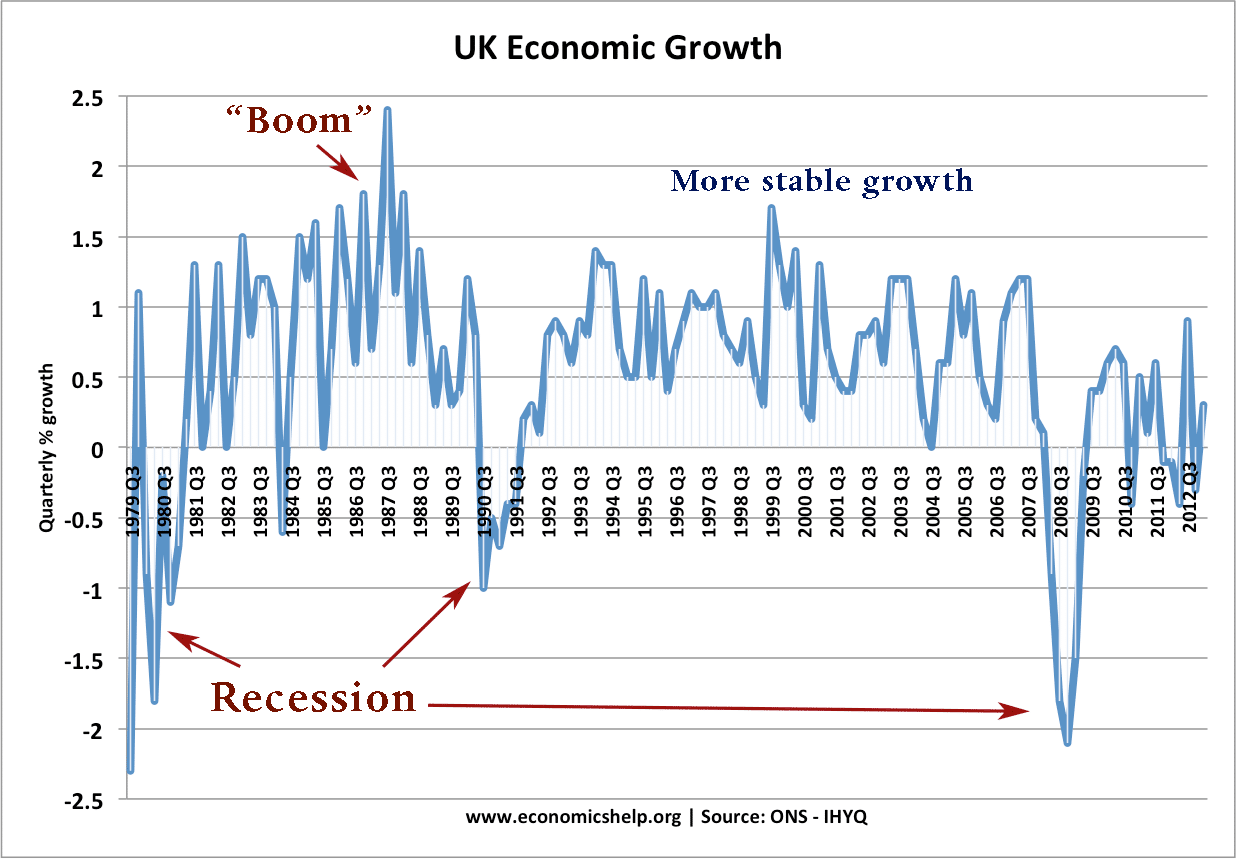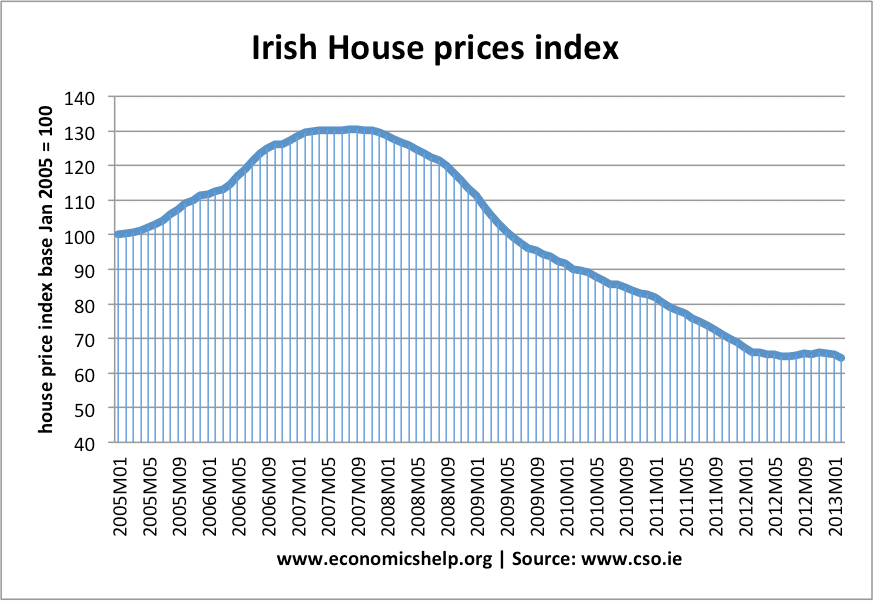Problem of declining industries
Economies are constantly evolving. Industries which once employed thousands of people can later become uncompetitive and unprofitable. The UK has seen the rise and fall of many manufacturing industries. Industries such as cotton, wool, coal and ship-building were once key aspects of the UK economy, employing thousands of people in dense areas, but over time …




